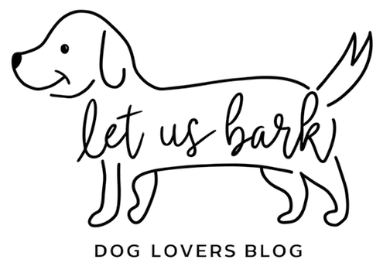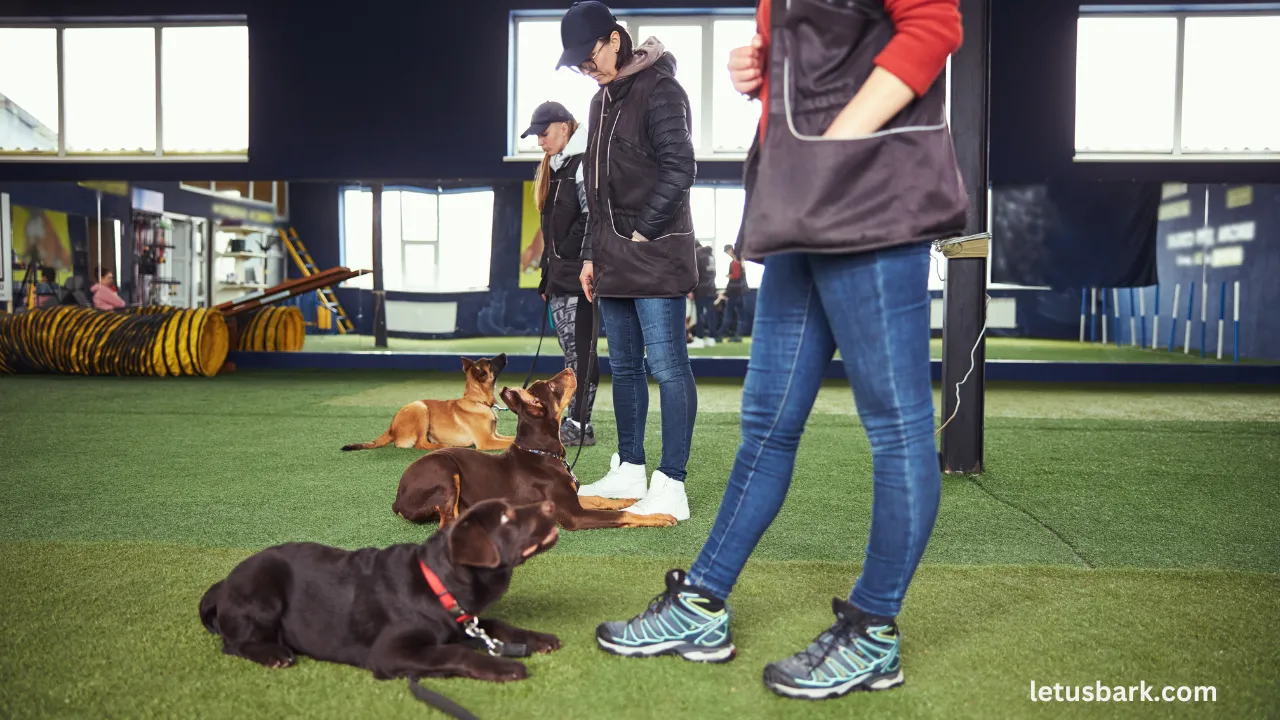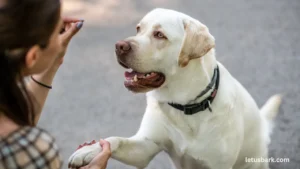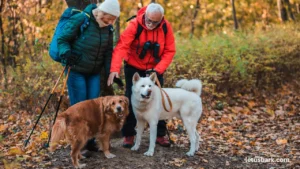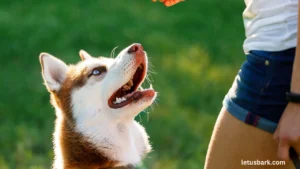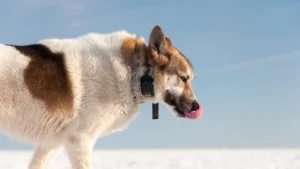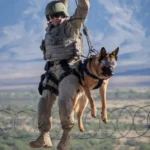Canine aggression is a challenging behavior that many dog owners struggle to address. From excessive barking and growling to more serious forms of aggression, such as biting, it is important for owners to understand how to effectively manage and control their dog’s behavior. In the world of elite dog trainers, mastering canine aggression is a skill that is honed through years of experience and expert knowledge.
In this article, we will delve into the insights and strategies of elite dog trainers who have successfully mastered the art of managing canine aggression. These trainers have worked with dogs of all breeds and sizes, helping them overcome their aggressive tendencies and learn how to behave appropriately in various situations.
Through their expertise, they have developed proven techniques and methods that can be applied by dog owners looking to address aggression in their own pets.
Whether you are dealing with a dog that displays aggression towards other animals or people, understanding the root causes of this behavior and implementing the right training techniques is essential.
By learning from the experiences of elite dog trainers, you can gain valuable insights into how to effectively manage and eventually eliminate aggression in your furry companion.
Contents
- 1 Mastering Canine Aggression: Insights from Elite Dog Trainers
- 1.1 Understanding Canine Aggression
- 1.2 Causes of Dog Aggression
- 1.3 Training Techniques for Aggressive Dogs
- 1.4 Reactivity vs. Aggression in Dogs
- 1.5 Working with Aggressive Dogs: Tips for Dog Owners
- 1.6 Conclusion
- 1.7 FAQs
- 1.7.1 Q: What are the common causes of dog aggression?
- 1.7.2 Q: How can dog training help with aggressive behavior?
- 1.7.3 Q: How can I train an aggressive dog?
- 1.7.4 Q: What should I do if my dog becomes aggressive towards other dogs?
- 1.7.5 Q: Can an old dog be trained out of aggression?
- 1.7.6 Q: What is dog reactivity and how can it be addressed?
- 1.7.7 Q: When should I seek the help of a professional for my dog’s aggression?
Mastering Canine Aggression: Insights from Elite Dog Trainers
As a dog owner, understanding and dealing with canine aggression can be a challenging and sometimes overwhelming task. Seeking insights from elite dog trainers can provide valuable expertise in managing and modifying aggressive behavior in dogs.
Understanding Canine Aggression
What are the common signs of aggression in dogs?
Aggression in dogs can manifest in various ways, including growling, barking, lunging, and even biting. These behaviors are often indicators of underlying issues that need to be addressed.
What factors can lead to aggression in dogs?
Various factors such as fear, territoriality, resource guarding, or lack of socialization can contribute to a dog’s aggressive response. Understanding these triggers is crucial in addressing and managing aggression.
How can aggression in dogs be identified and categorized?
Professional dog trainers utilize their expertise to categorize aggression cases based on the specific triggers and behaviors displayed by the dog. This categorization helps in tailoring effective training programs to rehabilitate aggressive dogs.
Causes of Dog Aggression
How does a dog trainer approach identifying the causes of dog aggression?
A skilled dog trainer carefully assesses a dog’s behavior, history, and environment to pinpoint the root causes of aggression. By understanding the underlying triggers, appropriate interventions can be implemented.
What role does a dog owner play in triggering aggressive behavior?
A dog owner’s actions, such as inconsistent discipline or reinforcement of negative behaviors, can inadvertently trigger and reinforce aggressive tendencies in dogs. Educating owners on positive training techniques is essential in addressing aggression.
Can an aggressive dog be rehabilitated through training programs?
With proper guidance and commitment, aggressive dogs can be rehabilitated through structured training programs that focus on positive reinforcement, behavior modification, and socialization. Consistent training can help an aggressive dog learn new, appropriate behaviors.
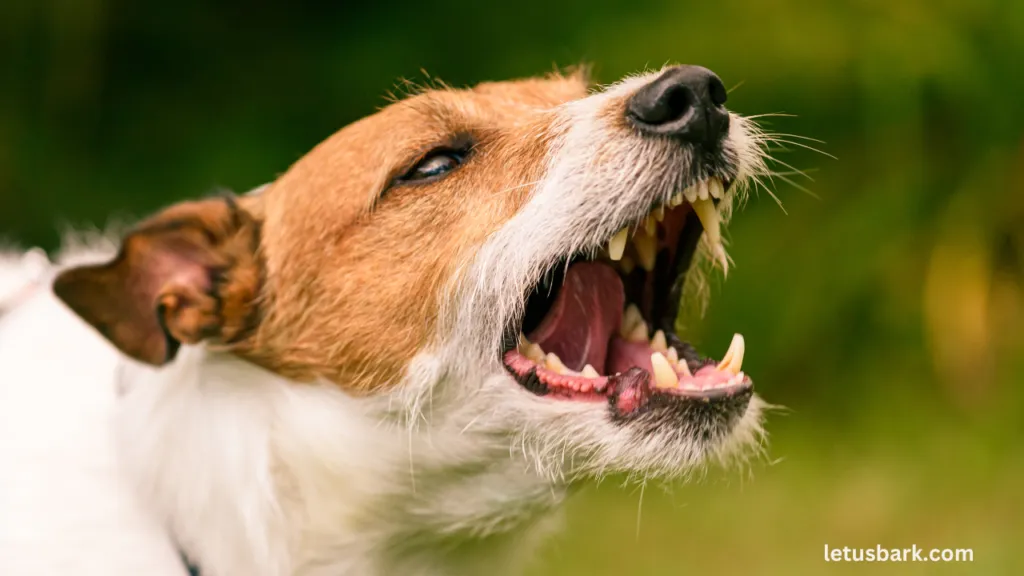
Training Techniques for Aggressive Dogs
What are some effective training methods for an aggressive dog?
Effective training methods for aggressive dogs include obedience training, desensitization to triggers, and teaching alternative behaviors to replace aggression. Professional dog trainers tailor these techniques to address the dog’s specific aggression triggers.
How can desensitization and behavior modification help in managing canine aggression?
Desensitization involves gradually exposing the dog to the trigger at a controlled intensity to reduce the reactive response. Behavior modification focuses on reinforcing positive behaviors while discouraging aggression, helping the dog learn more appropriate responses.
Why is professional guidance crucial when dealing with aggressive behavior?
Professional dog trainers have the expertise and experience to assess, diagnose, and create customized training plans for aggressive dogs. Their guidance ensures that training methods are effective and safe for both the dog and the handler.
Reactivity vs. Aggression in Dogs
How is reactivity different from aggression in dogs?
Reactivity involves a heightened response to triggers such as unfamiliar dogs, people, or situations, while aggression encompasses behaviors intended to harm or intimidate. Understanding this distinction is vital in addressing and preventing aggressive behavior in dogs.
What triggers reactive behavior that may lead to aggression?
Reactive behavior in dogs can be triggered by fear, stress, past negative experiences, or lack of socialization. It is essential to address reactivity early on to prevent escalation into aggressive responses.
Can reactivity in dogs be addressed to prevent aggression?
Through positive reinforcement, desensitization techniques, and behavior modification, reactive tendencies in dogs can be modified and managed effectively. Early intervention and consistent training play a key role in preventing reactivity from escalating into aggression.
Working with Aggressive Dogs: Tips for Dog Owners
What should a dog owner do when their dog displays aggressive behavior?
When a dog exhibits aggressive behavior, it is essential for the owner to remain calm, avoid punishment, and seek professional guidance from a behaviorist or trainer. Understanding the triggers and addressing them proactively is crucial.
How important is proper leash handling in managing an aggressive dog?
Proper leash handling is critical when dealing with an aggressive dog as it ensures control and safety during walks or interactions. Using a leash correctly can prevent aggressive incidents and facilitate training sessions effectively.
When should a dog owner seek help from a professional behaviorist?
If a dog’s aggression poses a risk to safety or becomes unmanageable despite training efforts, consulting a professional behaviorist is necessary. Early intervention by an experienced behaviorist can significantly improve the dog’s behavior and well-being.
Conclusion
Mastering canine aggression is a difficult and nuanced job that requires a thorough knowledge of how dogs behave, a dedication to safety and ethics, and a wide range of training methods. Professional dog trainers say that controlling dog violence requires skill, patience, and methods that are specifically designed for each dog’s personality and past.
Elite trainers say that the best way to deal with aggression is to look for its root causes, like fear, anxiety, or territoriality, and then use behavior modification methods that focus on positive reinforcement and building relationships.
They stress how important it is to have constant training, clear communication, and controlled environments to keep things from getting worse and to encourage safe interactions.Elite trainers also stress how important it is to start socializing babies and young dogs early on to lower their risk of becoming aggressive.
They promote responsible dog ownership by telling dog owners to get help from a professional and stay away from harsh punishments that can make aggression worse or hurt the dog in the long run.
In conclusion, trainers, dog owners, and vets all need to work together to stop dogs from being aggressive. Focusing on positive reinforcement, seeing things from the dog’s point of view, and making the surroundings supportive are all good ways to deal with aggression and keep the dog and the people around it safe. The advice of professional dog trainers is very helpful for dealing with these problems and making sure our relationships with our dogs are happy.
FAQs
Q: What are the common causes of dog aggression?
A: Dog aggression can be caused by a variety of factors, including fear, territorial behavior, possessiveness, lack of socialization, or a history of abuse.
Q: How can dog training help with aggressive behavior?
A: Proper dog training can help modify aggressive behavior by teaching the dog alternative ways to communicate, respond to triggers, and follow obedience commands.
Q: How can I train an aggressive dog?
A: Training an aggressive dog requires patience, consistency, and the help of a professional dog trainer or behaviorist who can assess the aggression and tailor a training plan to address it.
Q: What should I do if my dog becomes aggressive towards other dogs?
A: If your dog shows aggression towards other dogs, it is important to safely manage the situation, seek professional help, and work on desensitization and counterconditioning techniques to improve behavior.
Q: Can an old dog be trained out of aggression?
A: While it may be more challenging to train an older dog out of aggressive behavior, with patience, consistency, and the guidance of a professional, it is possible to improve and modify the dog’s behavior.
Q: What is dog reactivity and how can it be addressed?
A: Dog reactivity refers to a dog’s overreaction to triggers such as other dogs or people. It can be addressed through training, desensitization, counterconditioning, and the help of a professional behaviorist.
Q: When should I seek the help of a professional for my dog’s aggression?
A: It is recommended to seek the help of a professional dog trainer or behaviorist if your dog’s aggression is severe, escalates over time, poses a danger to others, or if you are unsure how to address the behavior on your own.
